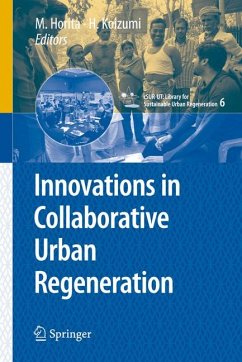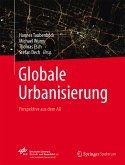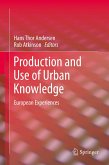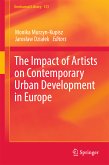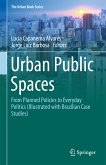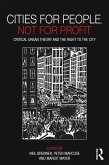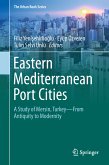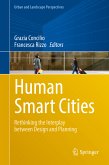In creating urban space, there is always an exchange of dialogue as to what the space currently is and how it ought to exist, by those who live in that place, those who have a stake in its future, and those who sense the need for improvement in its harsh reality. Some of their thoughts materialize in the form of a physical change to the current environment - and urban regene- tion is one such form. This process in which people redefine their living environment and socially reconstruct the meaning and value of a place is all too important in deciding what, if any, change should be introduced in the form of a physical project. Some might argue that this communicative process is indeed the very core or even the definition of urban regeneration rather than a mere condition for instigation. However, it has also been observed that such a communicative process is often difficult to manage, if it happens at all. Social exclusion, power imbalance, conflict, indifference, and lack of c- municative social capital are the usual suspects in collective inaction, but it is also true that they are familiar constituents of any urban life. In some social contexts, little attention has been paid to such complexity.
Dieser Download kann aus rechtlichen Gründen nur mit Rechnungsadresse in A, B, BG, CY, CZ, D, DK, EW, E, FIN, F, GR, HR, H, IRL, I, LT, L, LR, M, NL, PL, P, R, S, SLO, SK ausgeliefert werden.

